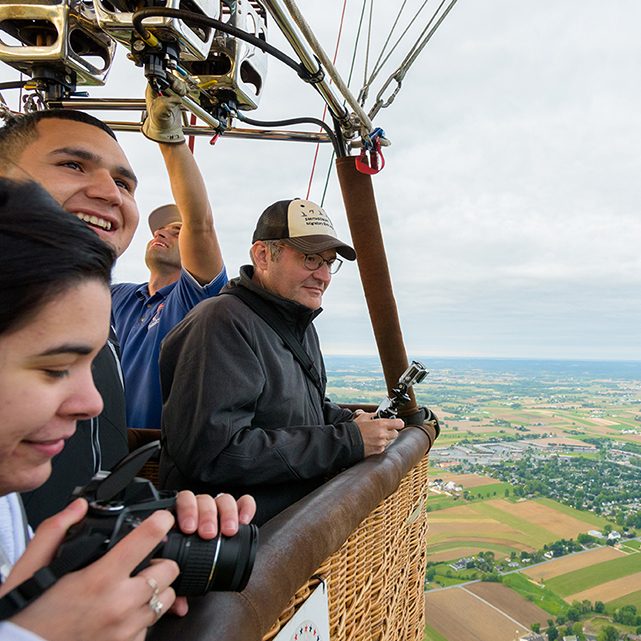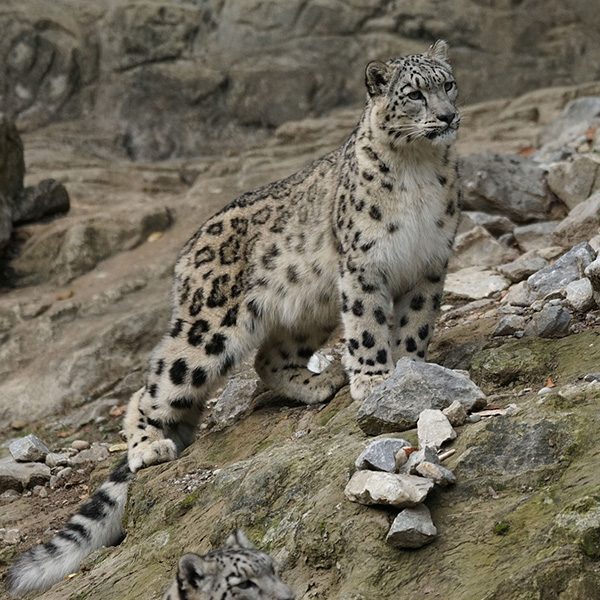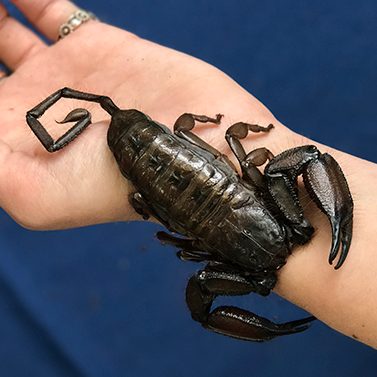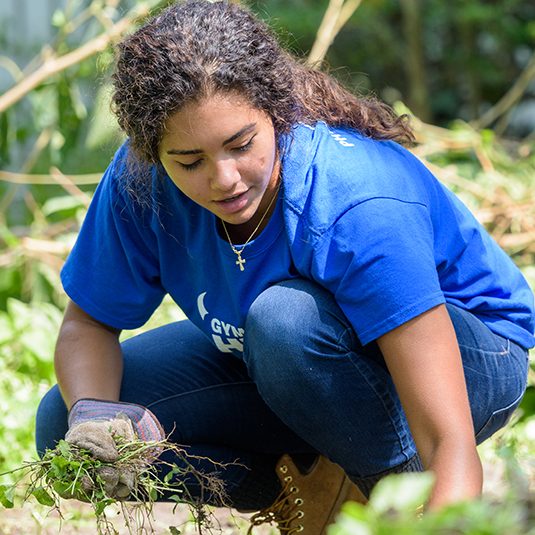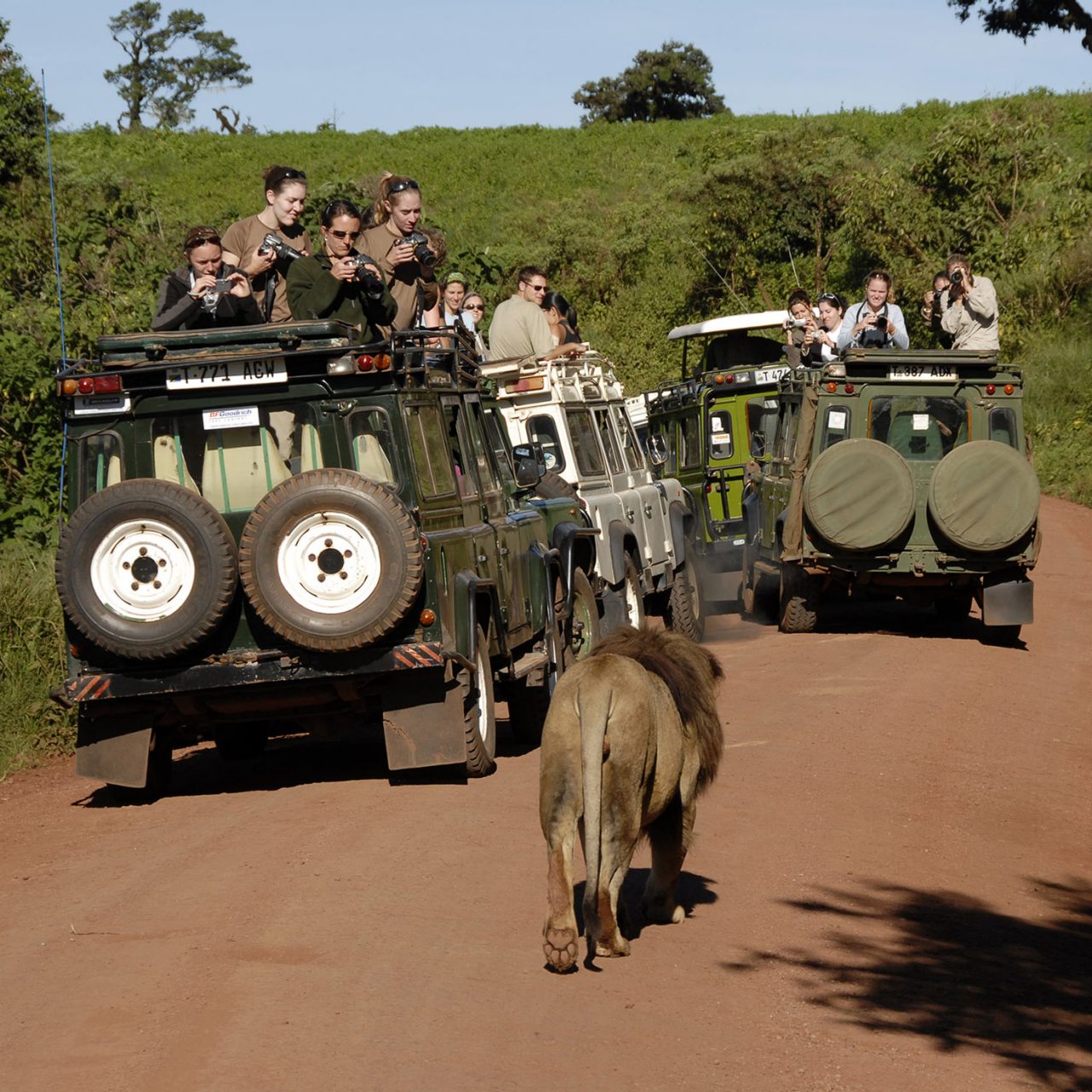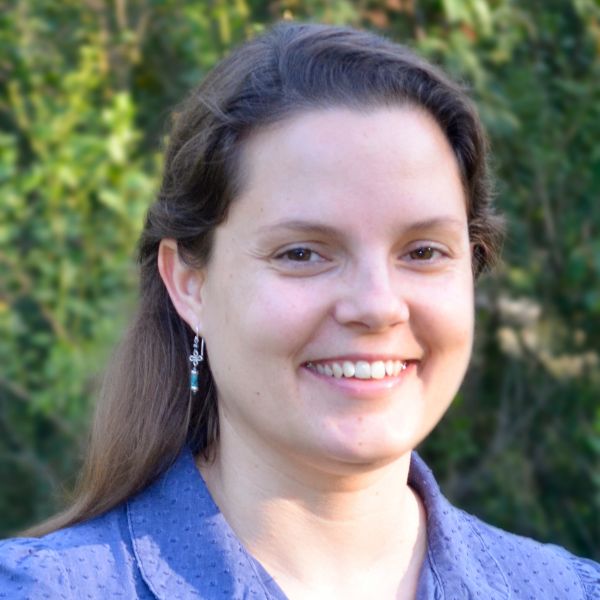
WELCOME TO ENTOMOLOGY AND WILDLIFE ECOLOGY
Our department offers outstanding academic programs for undergraduate and graduate students preparing for research, teaching, and extension careers in entomology, ecology and wildlife conservation.
Our teaching, research, and extension efforts emphasize whole-organism biology, conservation biology, and the interactions between humans and other species.
Our undergraduate programs

Ecology Woods FUND
Ecology Woods is a 35-acre forest on the southern edge of UD’s Newark Farm, adjacent to Route 4 and the UD Athletics Complex. This location has been a unique site for ecological research, conservation, and student learning since the 1960s.
It was Dr. Roland Roth, a faculty member in the Department of Entomology and Wildlife Ecology, who protected and nurtured this space for nearly 35 years.
Find out how you can help preserve Dr. Roth's work with a contribution to the Ecology Woods Fund.
What's new?
Featured video
Lauren Pollock explores what factors affect the survival of piping plovers: youtube.com/watch?v=oaRK9iEvFaY
UD wildlife major conducts research on piping plovers
Senior Lauren Pollock, a wildlife ecology and conservation major, is exploring what factors affect the survival of piping plovers Prime Hook National Wildlife Refuge in Milton, Delaware. Read more and Lauren's research.
Latest news
-
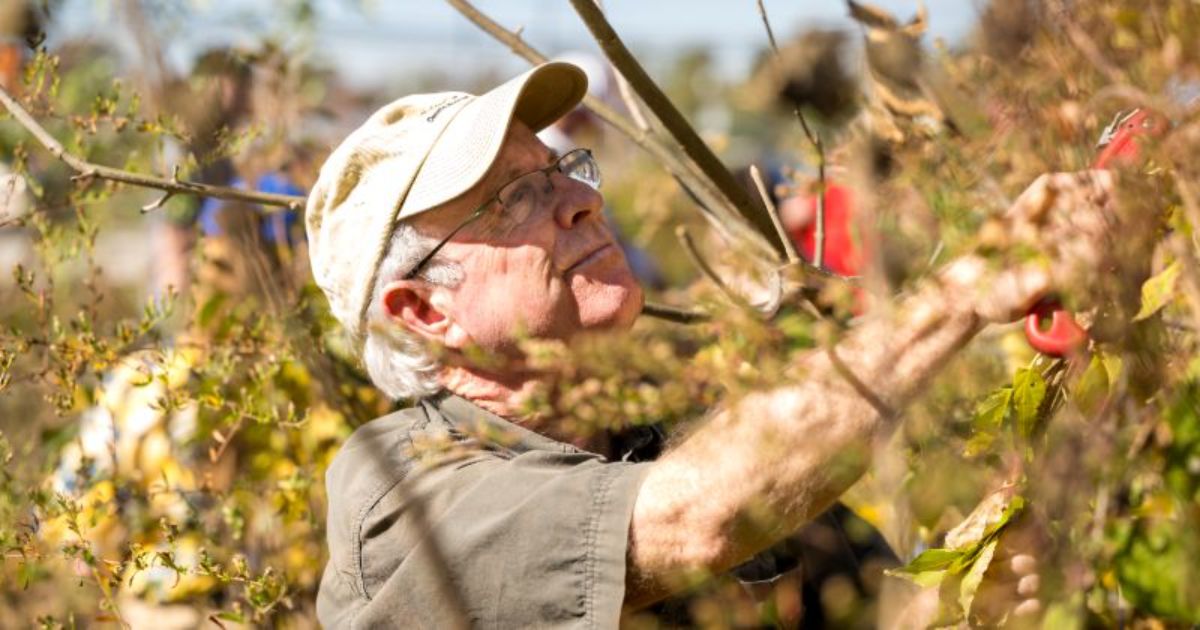
Every yard makes a difference. Native-plant champion Doug Tallamy’s got a new book explaining how
April 09, 2025 | Written by Jessica Damiano | Associated Press | Photo by Kathy F. AtkinsonUD's Doug Tallamy and his new book, "How Can I Help? Saving Nature with Your Yard" are featured in an interview with the Associated Press. -
UD’s Doug Tallamy tackles crucial ecological questions in new book
April 07, 2025 | Written by Katie Peikes | Photo by Kathy F. AtkinsonUniversity of Delaware entomologist Doug Tallamy's new book "How Can I Help?: Saving Nature with Your Yard" tackles questions he has received over email and during talks about ecology, invasive plants, and more. -
A simple way you can actually help save the world
April 02, 2025 | Written by Jeanette Marantos, Los Angeles TimesUniversity of Delaware faculty member Doug Tallamy kickstarted the native plant movement in 2007 with his first book. His new book, “How Can I Help? Saving Nature with Your Yard”, lays out the problems and how to fix them.
 Upcoming events
Upcoming events
Our Committment
We are committed to strengthening the inclusivity, accessibility, and community of our department to encourage and support representation of people from the full range of backgrounds, lived experiences, and perspectives. We expect these efforts to positively affect our department’s creative scholarship and community engagement.
We recognize that cultivating an environment in which individuals have the opportunity to pursue scholarship without barriers is an important responsibility of our department.
Strategic growth areas include:
- Expanding recruitment efforts toward broader representation of students, faculty, and staff, including recruiting from groups historically underrepresented in Entomology and Wildlife Ecology.
- Promoting cultural competency opportunities.
- Mitigating barriers to individual and group inclusion and success through identification and acknowledgement of historical cultural barriers and celebration of inclusion.
- Providing support through professional organizations and department events.
- Maintaining welcoming department spaces and activities.
- Ensuring course materials reflect diverse cultural perspectives and values toward solving natural resource conservation problems, including inclusive stakeholder engagement through Cultural Based Conservation and Traditional Ecological Knowledge.
- Supporting faculty, staff, and students in their efforts to engage in community outreach.






